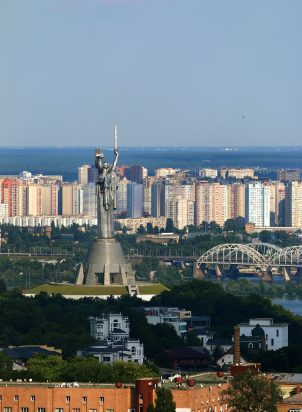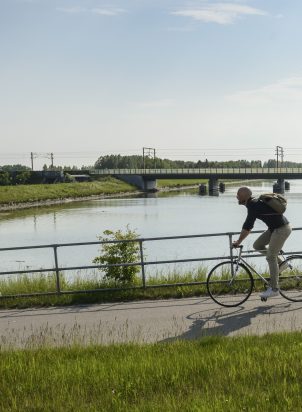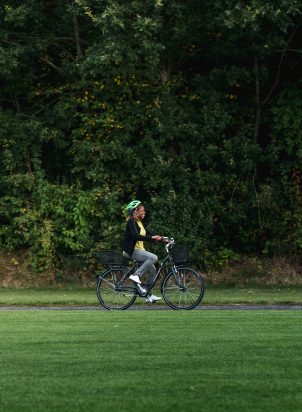The aim of this report is to provide local authorities with ideas on how to implement the 2030 Agenda and to inform experts and policy makers at national and regional levels on how to support the municipalities in their work.
On 25 September 2015, the UN General Assembly adopted the 2030 Agenda for Sustainable Development and the 17 Sustainable Development Goals (SDGs). Municipalities are key when it comes to their implementation, since they are closest to the people, local businesses and civil society organisations.
This report identifies 27 Nordic local authorities that are “first movers” in working with the 2030 Agenda and describes their priorities and activities. It also highlights challenges and success factors in working with the SDGs.
The 27 first movers use the SDGs to inspire or guide new environmental policies, quality of life plans, the development of a new suburb, the design
of local strategies, the merger of municipalities and many other purposes. They differ in their approaches, priorities, and their plans to involve the local population, businesses, civil society organisations and other partners in the work with the SDGs. Despite these differences, the first movers share common expectations towards national and Nordic authorities. They recommend a clearer communication of national priorities and activities within the 2030 Agenda, guidance on how to work with the 17 SDGs, and assistance in monitoring progress. Addressing these issues would facilitate local authority efforts to reach the SDGs.







